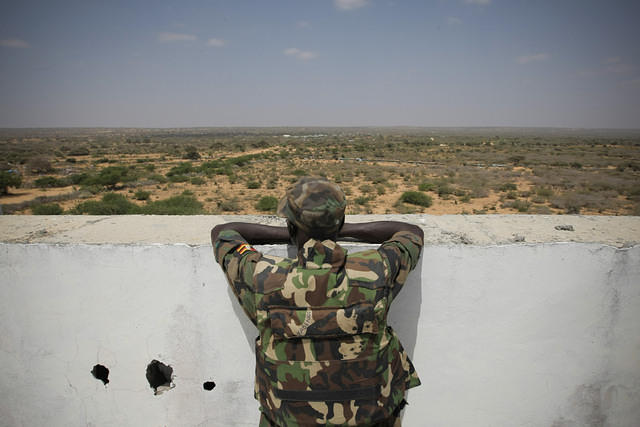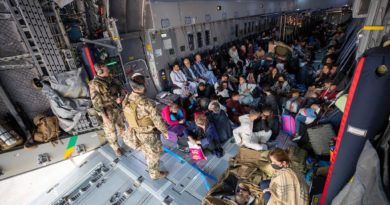External operations. The Alliance is changing its strategy?

(BRUXELLES2) Lors de son sommet de Varsovie début juillet, l’Alliance Atlantique devrait renforcer sa défense territoriale sur le flanc Est. C’est l’élément le plus visible et le plus sensible aujourd’hui car il s’inscrit dans un contexte de tension renouvelé avec la Russie – avec force déclarations, mouvements de troupes et exercices de part et d’autre (cf. le méga exercice Anaconda en Pologne ces jours-ci). Mais ce qui est moins visible est l’inflexion notable qui semble s’engager sur les opérations extérieures de l’Alliance. Ce que Jens Stoltenberg, le secrétaire général de l’OTAN, appelle la “projection de stabilité”, n’est pas seulement un slogan de communication. C’est un certain changement de paradigme.
Rather train than deploy
L’Alliance préfère désormais s’en reposer à la formation des forces locales aptes à assurer leur propre sécurité que déployer des forces militaires occidentales en nombre, que ce soit en Afghanistan — avec sa mission de formation et de conseil “Resolute Support” — ou en Irak. Et il ne devrait pas en être autrement en Libye (si le gouvernement libyen adresse une invitation formelle à l’Alliance) (1). L’ancien Premier ministre norvégien qui dirige désormais l’Alliance, imprime ainsi sa marque, moins tapageuse que son prédécesseur, A.F. Rasmussen, mais non moins déterminé : plutôt former que déployer.
Un certain aveu d’échec ?
Cette inflexion traduit aussi un certain aveu d’échec de l’opération de l’ISAF. L’Alliance et les forces américaines n’ont pas réussi vraiment à stabiliser le pays, notamment dans le sud, proche de la frontière avec le Pakistan (Helmand). L’engagement de plus de 100.000 hommes durant plusieurs années n’a pas prouvé ses effets. Placés dans des camps bunkerisés, l’intérêt au plan militaire s’est souvent limité au court terme. Quant à l’intérêt politique, il n’est pas prouvé. Penser à faire basculer une population, dans le camp de la stabilité, si celle-ci n’est pas assurée de voir les forces étrangères rester (et gagner), est illusoire.
L’Alliance en rôle de soutien aux coalitions
Le déploiement des forces combattantes n’est pas pour autant abandonné. Mais il s’effectue plutôt en « coalition » formelle (en Irak contre Daesh/ISIL) ou très informelle (en Libye), l’OTAN ayant éventuellement un rôle de soutien — avec le déploiement d’avions Awacs — mais plus un rôle de premier plan, comme dans les Balkans ou en Afghanistan.
(Nicolas Gros-Verheyde)
(1) Contrary to certain analyzes which see in a declaration or a movement of special forces the prelude to some intervention. Read also: An intervention in Libya is being prepared. But which one?


